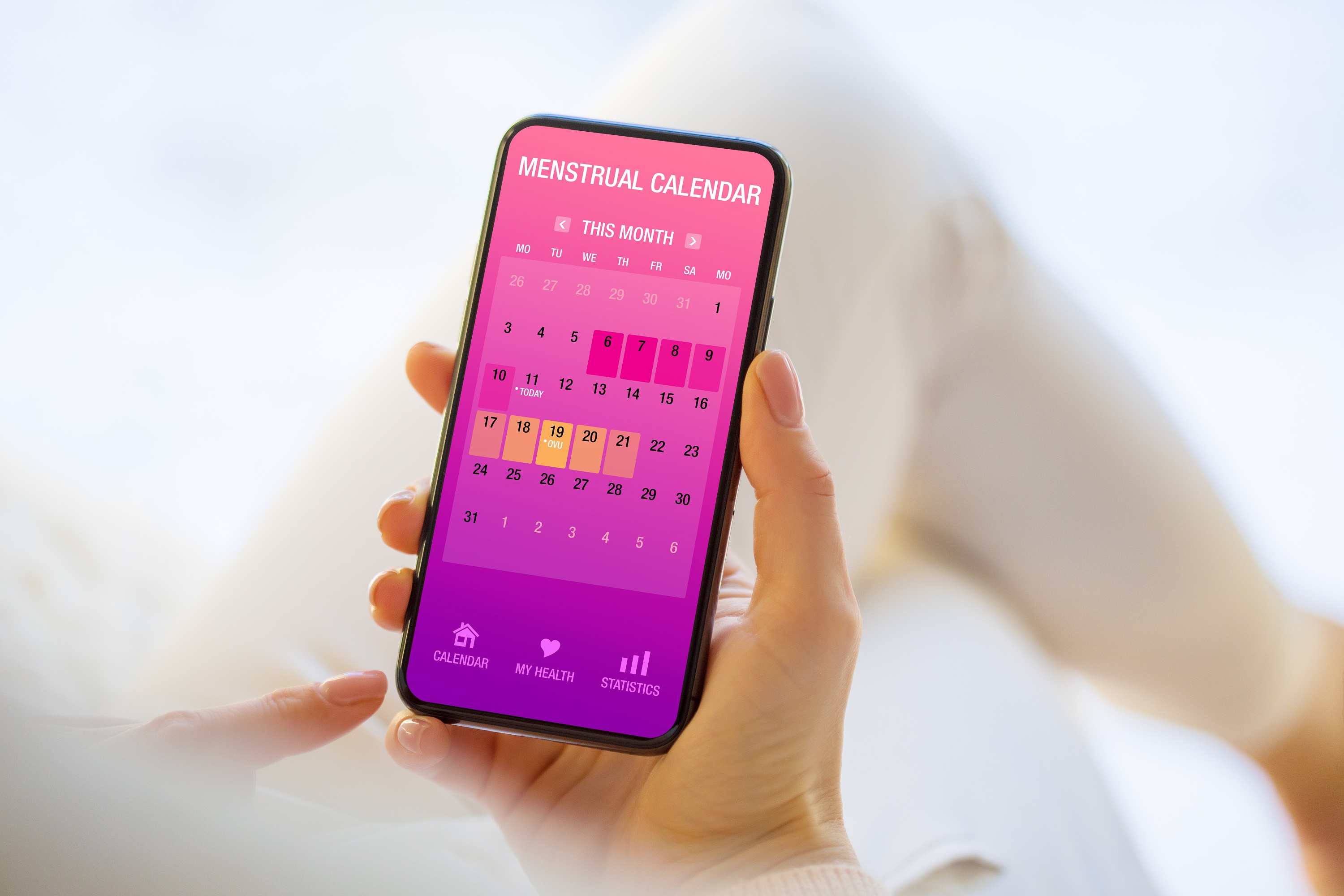What You Should Know About COVID Vaccines & Menstrual Cycles

February 02, 2022
Updated: 8/23/2022
Can a COVID-19 vaccine affect a woman’s menstrual cycle? According to the new study- the largest to date , here’s what researchers found:
The vaccine may cause minor, temporary changes in your menstrual cycles
The study reported:
- 42% of people with regular menstrual cycles experienced heavier bleeding than usual after vaccination
- 44% reported no changes to their menstrual cycles
- 14% reported lighter bleeding
Additionally, 39% of those undergoing gender-affirming hormone treatments, 71% of people on long-acting contraceptives and 66% of postmenopausal women experienced breakthrough bleeding after one or both of their COVID vaccine shots.
The study looked at responses from over 35,000 individuals between the age 18 and 80 weeks after receiving a COVID-19 vaccine. The participants had likely not contracted COVID-19 before getting vaccinated.
“There have been many viral rumors circulating online that COVID-19 vaccines would impact women’s menstrual cycles or menstruation overall,” says Noelle Aikman, M.D., director of obstetrics at Jersey Shore University Medical Center.
“This new study shows that the vaccines could lead to mild, temporary changes in the length and the flow of your menstrual cycle, but these mild disruptions should not discourage you from getting the COVID-19 vaccine."
Some demographics may be more likely to experience menstrual changes
The following groups reported heavier menstruation:
- Older adults
- People who used hormonal contraception
- People who had been pregnant in the past or had been diagnosed with a reproductive condition like endometriosis, fibroids and other reproductive issues
- People who identified as Hispanic or Latino
- People who experienced other side effects of the vaccines, like a fever or fatigue
“It is very reassuring that the study found only mild and temporary changes in the menstrual cycle, which is within the range of normal variation,” says Noelle Aikman, M.D.. If you are someone who’s experiencing the following abnormalities, you should consider talking to your physicians:
- Haven’t had periods for over a month
- Abnormal discharge or color
- Your periods last more than a week
- Extreme pain during periods
- Your period becomes irregular
Next Steps & Resources:
- Meet our source: Noelle Aikman
- To make an appointment with Dr. Aikman, or a doctor near you, call 800-822-8905 or visit our website.
Find a doctor near me
Why We Shouldn’t Treat Omicron Like the Flu or Common Cold

If the omicron variant is more likely to provide milder symptoms, does it really matter how it spreads? The clear answer is yes.
Why You Should Get A Booster Shot Now

Get your COVID-19 booster shot now. Boost vaccine effectiveness & protect yourself and others. Schedule your appointment today at 800-822-8905.
Find a doctor near me

Just Had COVID? Here’s When to Get the Booster
COVID-19 Booster Timing: Get expert advice from Dr. Frank on when to get your booster after infection. Schedule your booster today!

Can the Booster Make You Test Positive for COVID?
COVID-19 booster shots: Learn why they won't cause a positive test, Dr. Cicogna explains possible side effects and safety information. Get the facts.

How Accurate Are At-home COVID Tests?
Learn about at-home COVID test accuracy. Dr. Fleischman explains test types, results, and interpretation. Get quick results & guidance. Call 800-822-8905.

Can Babies Get COVID-19?
Protect your baby from COVID-19. Learn about symptoms, vaccines, and when to seek medical care. Dr. Riollano Cruz offers expert advice. Call 800-822-8905.
